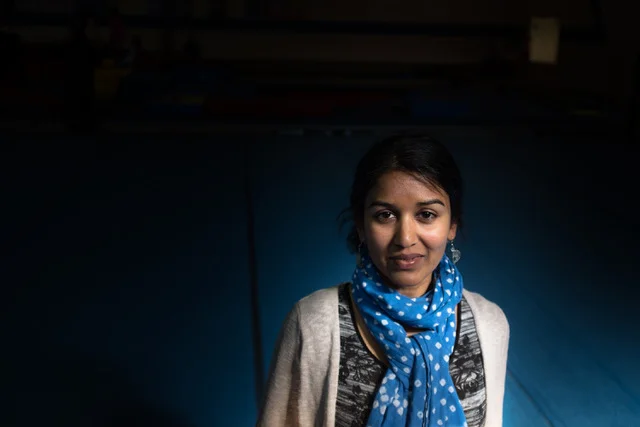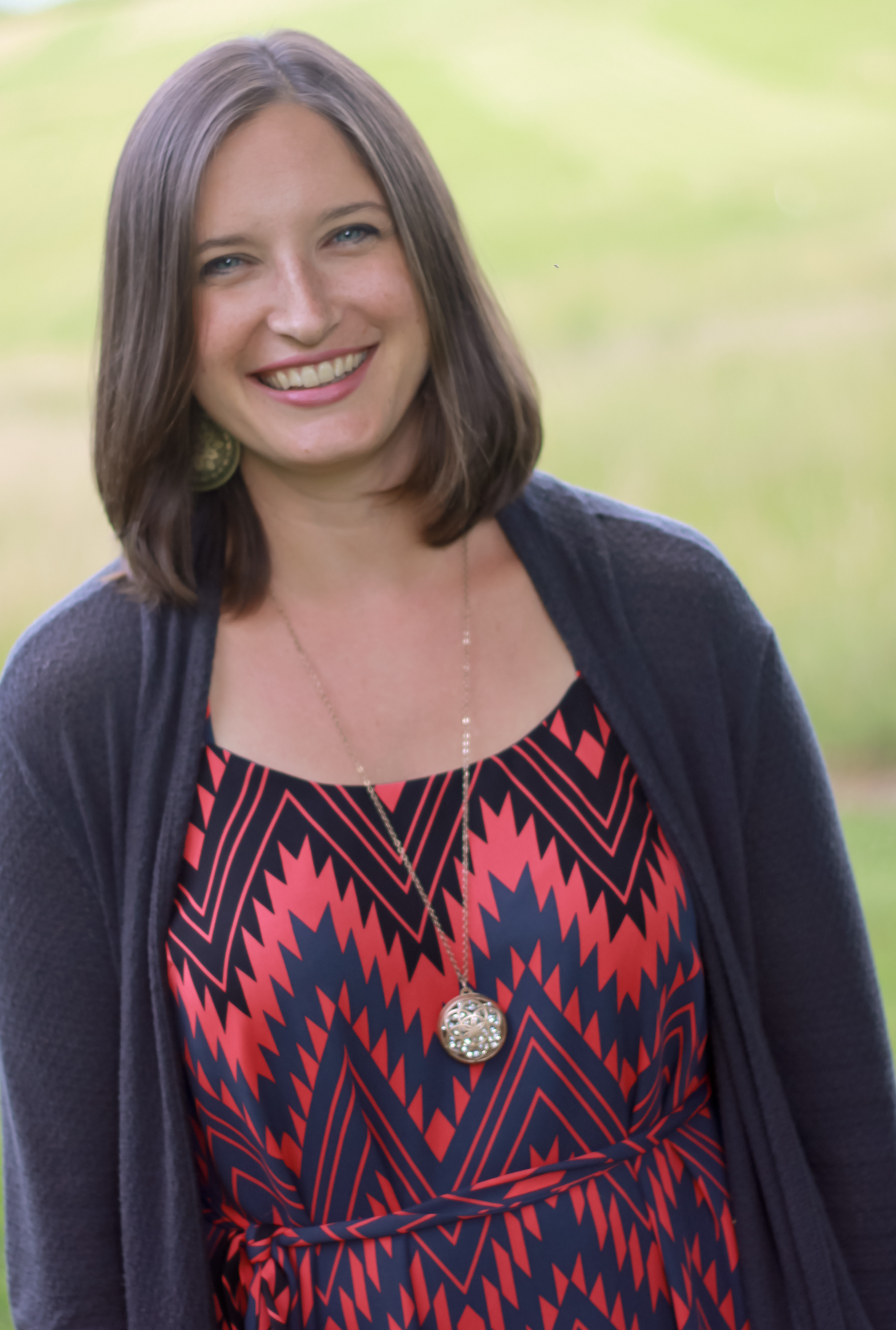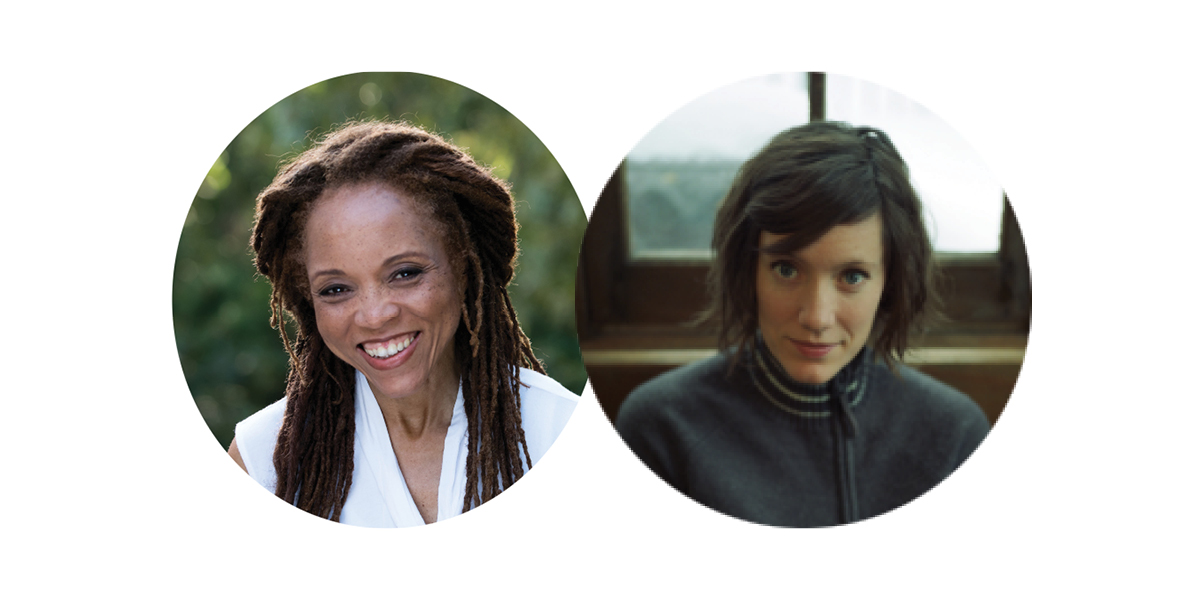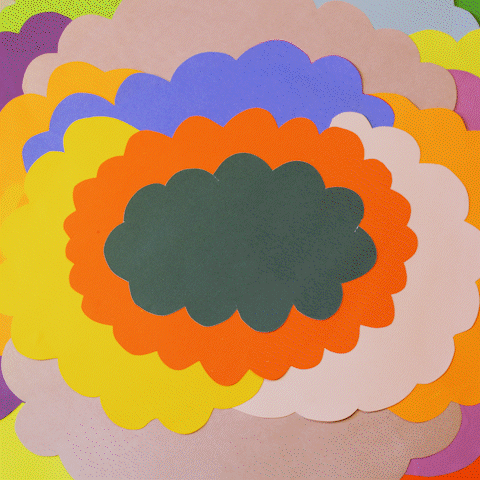By A. Anupama
“I’d like to meditate next to it,” he said, standing at the glass sliding door to the deck and gazing at the lake beyond the playset, edging our backyard. The late afternoon sun still high in the early September sky signaled the time for this visit—my first boyfriend’s first visit to my house—to end. He had an hour’s drive back to Dayton ahead of him, and I had ahead of me an evening’s wondering what that meant, meditate, as well as wondering how one could really feel jealous of a lake. At the age of almost-seventeen, I’d imagined he’d meditate only upon me.
I didn’t know anything about meditation then, but that lake I knew well. Up close, the kale-green color of the water, blooming with algae from agricultural runoff, did not inspire the blissful kind of expression he turned toward me just after that moment in which the lake mirrored, amplified, the sun’s aspect through the glass. I didn’t know what to say. The moment printed itself into memory like a gilded icon.
*
His mood matched blue ink on blue paper with matching envelopes, almost like old aerogrammes. In his letters to me all that previous summer, he’d written about family responsibilities and his grandparents visiting, and about helping his dad paint the inside of the brand-new, almost-ready-to-dedicate, Hindu temple in Dayton. I envied him that closeness to our culture, but I didn’t know it was envy. I did notice that he envied me, as I lived outside of the expectations and the weight of our religious heritage. My family did not observe ritual, and our small town in rural Ohio didn’t accommodate much other than Christianity and secularity. My spirituality at that time involved a secular, over-achieving intellectual, Amnesty International-organizing sort of discipline. He teased me mercilessly, calling me “Aim High” instead of Anu, comparing me to the Air Force in a way meant to provoke me, but gently.
*
A warrior princess in ancient India grew up to become my goddess. Minakshi is the name of the deity of my family’s hometown of Madurai, an ancient epicenter of Tamil poetry and culture. In the classic legend, she was raised as a boy and waged many wars. Eventually, she met Lord Siva himself on the battlefield and, there, transformed into a goddess embodying love and beauty. This form of the Divine Mother is the one worshipped at the stunning, 15th century, South Indian temple in Madurai named for her.
Jasmine-scent, bullock dung, and mosquitos, in a pre-monsoon heat, and having to sometimes negotiate all that in stiff silk in the always-crowded streets fill my memories of visiting my grandparents from time to time in Madurai. My maternal grandmother (we called her Ammayie) was a serious devotee of Minakshi, and her home was very near the temple, in the crush of narrow streets that enfold it. Sometimes a temple elephant would stroll by. She slept on a mat on the floor. She had had the least education of all my close relatives. The only advice she ever gave me was “always stand straight.”
The tall and straight gopurams of the temple seared that enjoinder to my bearing. A few of my uncles noticed my interest in art and literature, and they took me to see the architectural and sculptural gems of the temple. The Hall of a Thousand Pillars, the musical pillars, the Golden Lotus Tank, and the interior of the tallest of the gopurams, all the way to the very top.
*
I grew up next to a toxic, man-made lake. The last time that my kids spent time playing near it, they were kicking a soccer ball around until it inevitably rolled in. Finding an old fishing net in my parents’ garage, I rescued the ball. The kids wouldn’t touch it, even after I washed it off with the hose. The lake had sickened with algal blooms that produce a nerve toxin. Because there could be no more sailing, fishing, or jet-skiing, the water held still, making a perfect mirror to pastoral clouds and blazing sunlight. You couldn’t sit next to it, though. Health officials’ advisories and posted signs made that clear.
*
Stuffing my mind with fertilizer, knowledge of all kinds, seemed the practical purpose of education, and by extension career, and by extension of that, the very dharma of my life. That’s what my boyfriend admired and then envied in my attitude. I was taking college courses in art history and biochemistry that summer of our correspondence. The temples of higher learning (not to mention the temple of the art museum, the temple of the laboratory) claimed me. In college, I tutored organic chemistry, molecular genetics, and physics. In career, I hopped from academic to legal to medical to financial publishing.
Even as I studied and blissed out on the pleasure of more and more knowledge, I craved spiritual awareness that could lend some sense of meaning to the mass of learning. I read the works of saints of many religious traditions. I learned Arabic. I attended charismatic Christian church services in warehouses. I couldn’t find the path. My own Hindu heritage felt dry and distant, a place I had been discouraged from exploring more by my family members, for whom spiritual talk awakened caste prejudices and distrust of religious authority.
About halfway through our first year in college, I broke up with him over the phone. Our envy of each other had hit toxic levels. The song that I always associate with him, that was playing when we first talked together and held hands, was “Coming Out of the Dark” by Gloria Estefan. The dream that was our falling-in-love couldn’t catch the ignorant beliefs we held about one another. Neither of us felt sure of ourselves, but we felt sure that the other did.
*
The trouble with ignorance is that it hides. You don’t realize what you don’t realize until you realize, too often it’s just too late. I recently found a funny conversation on Vedanta religious practice, which represents one system of Hinduism, between the philosopher J. Krishnamurti and religious teacher Swami Venkatesananda[1].
K: Vedanta, as it says, means the end of knowledge.
Swami: Yes, it’s wonderful, I never heard it put that way before. “The end of knowledge.”
K: Freedom from knowledge.
Swami: Yes indeed.
K: Then why have they not kept to that?
Swami: Their contention is that you have to pass through it in order to come out of it.
K: Pass through what?
Swami: Through all this knowledge, all this muck, and then discard it.
“Parivedya Lokan Lokajitan
Brahmano Nirvedamayat”
That is, “After examining all these things and finding that they are of no use to you, then you must step out of it.”
K: Then why must I acquire it? If Vedanta means the end of knowledge, which the word itself means, the ending of Vedas, which is knowledge—then why should I go through all the laborious process of acquiring knowledge, and then discarding it?
Swami: Otherwise you wouldn’t be in Vedanta. The end of knowledge is, having acquired this knowledge, coming to the end of it.
K: Why should I acquire it?
Swami: Well, so that it can be ended.
K: No, no. Why should I acquire it? Why should not I, from the very beginning, see what knowledge is and discard it?
Swami: See what knowledge is?
K: And discard, discard all that: never accumulate. Vedanta means the end of accumulating knowledge.
Swami: That’s it. That’s correct.
K: Then why should I accumulate?
Swami: Pass through, perhaps.
K: Pass through? Why should I? I know fire burns. I know when I’m hungry, when I must eat. I know I mustn’t hit you; I don’t hit you. I don’t go through the process of hitting you, acquiring the knowledge that I’ll be hurt again. So each day I discard. I free myself from what I have learnt, every minute. So every minute is the end of knowledge.
Swami: Yes, right.
*
Many of my relationships suffered through my headlong pursuit of knowledge without a corresponding grounded-ness in spiritual practice. One spring day, just after my divorce trial had turned towards settling out of court, I brought home a blue-painted writing desk, decorated with images of birds and flowering branches. I wrote poems, at least one per day, for a couple of months. The practice of poetry came as a way to repair the roads I’d wrecked in my self-awareness.
Unknowing everything is the first rule of writing poetry. I know some words, but that’s all I allow myself to admit in the practice. I might know how to breathe well. I might know how to spell.
I kept diving deeper and came up for air in meditation practice.
*
Last summer, Sri Mata Amritanandamayi Devi dropped by NYC, and I took the train into the city to see her at the Javits Center. She’s better known as the “hugging saint” or just as “Amma,” which means mother. The chanting had already started when I arrived, and the crowd was serene. In fact, “crowd” seems like the wrong word for the host of people present. More like a garland of seekers, sitting in the rows of chairs or milling about the tables of books, photos, devotional items, waiting for the moment to approach her, a teacher who spoke peace and worked with energy to serve others, and who expected us to let go of anything not love.
At one table, organizers were handing out tickets assigning people into groups that would be called up in order, forming the line to receive a hug from Amma. Even though I longed to connect to the peace and wisdom that she radiated, I felt the push of the obscuring, toxic belief that I didn’t belong. I chanted and watched, and eventually, I left when I started to get hungry, taking several books with me.
As I used to do, I read her words and tried to understand through intellectual knowledge. The difference was that she spoke directly to my experience. From one of her keynote speeches: “in real love, you do not feel worthless; on the contrary, you expand and become one with everything—all-encompassing, ever blissful. Unfortunately, in today’s world, it is the language of the intellect that prevails, not the language of the heart.”
*
The singing poet-saints of Indian devotional tradition extricated themselves from religious authority, flouting conventions and caste restrictions, meeting the godhead in the individual motion of composition.
The rich
will make temples for Siva.
What shall I,
a poor man,
do?
My legs are pillars,
the body the shrine,
the head a cupola
of gold.
Listen, O lord of the meeting rivers,
things standing shall fall
but the moving ever shall stay.
--Basavanna, tr. A.K. Ramanujan
My family, by discouraging the religious path, tried to save me from the all-consuming nature of bhakti devotion and knowing my disposition somewhat better now, I think I might have drowned in spiritual study. They would have lost me, in some way. Perhaps. Creating a personal spiritual discipline of practicing meditation, writing with devotion, and attending yoga teachings allowed me to finally connect with my religious tradition in a way that didn’t provoke my mental restlessness and resistance.
*
I never visited the temple in Dayton, but I did somehow end up in the Dayton National Museum of the U.S. Air Force. On one of my trips out to Ohio with my kids, who get bored hanging out with their grandparents in a foreign-feeling place, (déjà vu for me), I suggested the Wright Brothers’ museum. My mother dropped us off at the wrong place, and by the time I noticed the problem, she was already on her way to her salon appointment.
The corrugated metal facade of the museum reflected an enormous arc of blue sky and mid-afternoon sun, gilding itself like a brass icon. I didn’t see the old recruiting slogan “Aim High” anywhere. Bizarre as it felt looking at implements of engineering focused to inflict as much damage to property and people as possible, knowledge settled on me like ashes. My son took a photo of my daughter in front of an H-bomb casing. I could see all the toxic thrill of it.
*
Meditation for me has meant moving with god(dess) and breath. Alertness replaces craving. I participate in a tiny sangha that supports the positive motivation and dedication of the practice. I wish I could say something enlightening about all this, but, of course, I know nothing now.
I trace in my mind a recurring dream I have of the place in the temple in Madurai where our aunt used to buy bright glass bangles for my sister and me: the huge, bustling hall with the vendors’ stalls. My grandmother’s picture stands on a small home-altar in a corner of my room, with her gold necklace draped across it. I didn’t realize it when there was still time, she could teach me some things. But I carry her in my heart, not my mind.
[1] J. Krishnamurti, The Awakening of Intelligence, Second Conversation with Swami Venkatesananda in Saanen, India, July 1969.
A. Anupama is a poet, critic, essayist, and translator whose work has appeared in Drunken Boat, Waxwing, Fourteen Hills, CutBank, Numéro Cinq, and elsewhere. She holds an MFA in writing from Vermont College of Fine Arts, and she currently organizes literary community (RiverRiver.org) and leads creative writing workshops for kids and teens at Writopia Lab. Anupama lives with her family in Nyack, New York.













